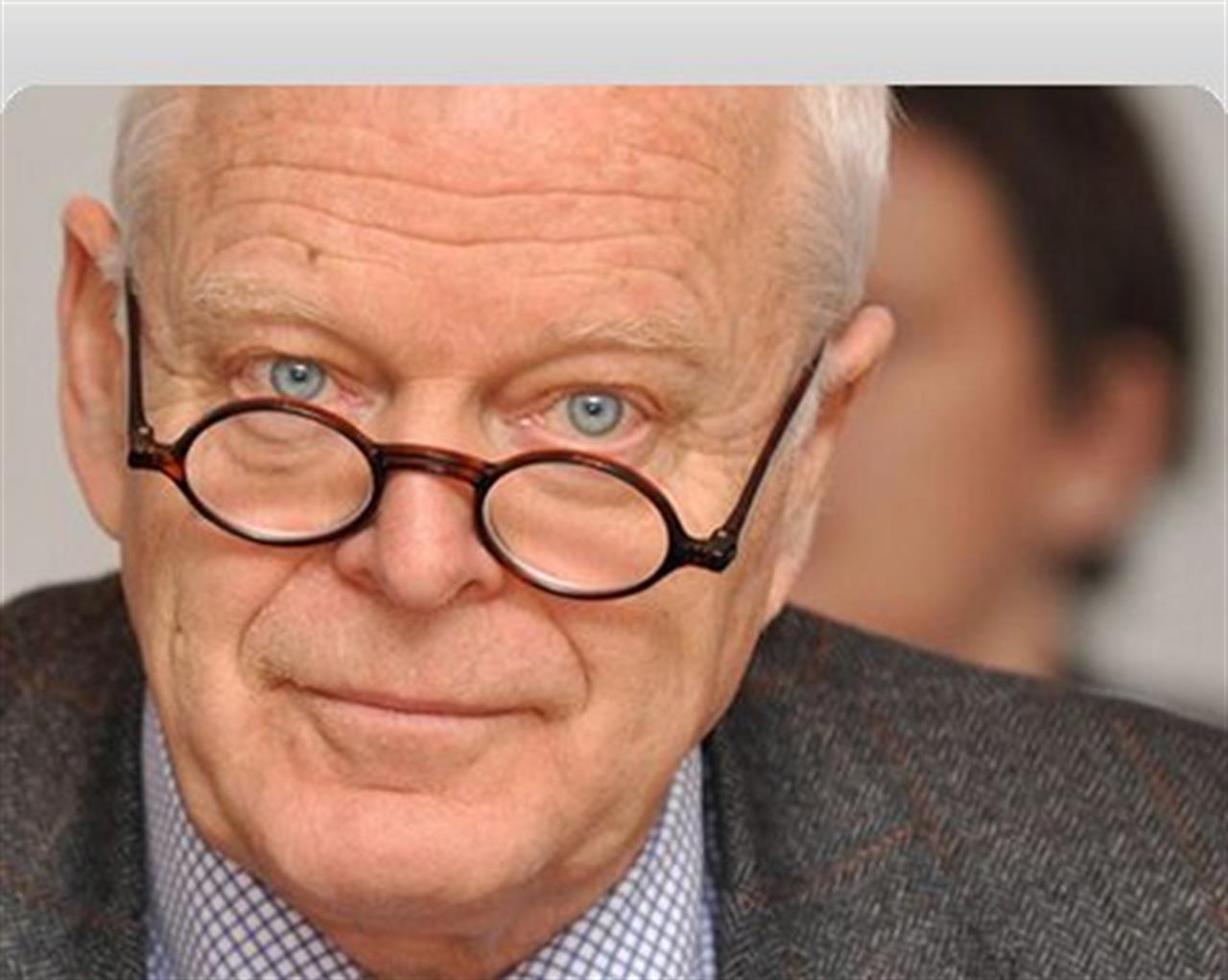Politica & Istituzioni
Voting rights for all
The Commissioner for Human Rights launches an appeal in favour of people with disabilities
di Staff

“People with disabilities do not generally ask for charity; they demand equal human rights.” The Council of Europe’s Commissioner for Human Rights, Thomas Hammarberg, has sent out a clear message highlighting that human rights are not always respected, even in Europe. People with disabilities are often denied the right to vote and to be elected, contrary to Article 29 of the 2006 United Nations Convention on the Rights of Persons with Disabilities.
The Treaty, which was ratified by 27 member states and signed by 18 more, has been accepted by Europe but “this is only the first step”, says Hammarberg. The Convention must now be implemented.
According to the Commissioner, the right to “fully participate in political and public life on an equal basis with others… including the right …to vote and be elected” (Article 29 of the UN Convention) is not a reality today in the majority of European states, in most cases as a consequence of having had their “legal capacity” restricted or removed.
The European Court of Human Rights ruled on such a case (Kiss v. Hungary) in 2010. Alajos Kiss had been placed under partial guardianship because of his manic depression. As the Hungarian Constitution contains an absolute voting ban for people under guardianship, he was prevented from taking part in the general elections. The Strasbourg Court found such a blanket, automatic ban to be impermissible. An indiscriminate removal of voting rights based solely on a mental disability requiring partial guardianship was not compatible with the relevant provision in the European Convention on Human Rights – the basic principle of which is universal suffrage (Article 3 of Protocol No. 1).
According to Hammarberg, it is no longer acceptable that 80 per cent of European member states ban the political participation of people in the same situation as Alajos Kiss.
A press release published by the Council of Europe states that: The UN Convention represents a paradigm shift: it builds on the idea that we should go further than to just help persons with disabilities to adjust to existing conditions – our societies should seek to adapt to and accommodate everyone, including those with special needs.
The press release also highlights that some European countries have taken steps in the right direction. For example, a survey by EU’s Fundamental Rights Agency showed that in Austria, the Netherlands and Sweden, the rights of persons with mental health problems and intellectual disabilities to vote and be elected are protected by the constitution.
Find out more:

